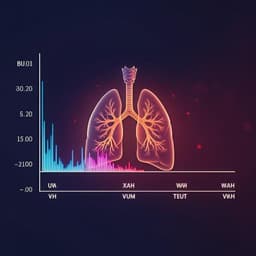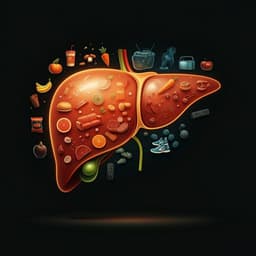
Health and Fitness
Does physical activity influence health behavior, mental health, and psychological resilience under the moderating role of quality of life?
R. Liu, R. Menhas, et al.
This exciting study by Ru Liu, Rashid Menhas, and Zulkaif Ahmed Saqib explores how physical activity can enhance health behavior, mental health, and psychological resilience, while emphasizing the crucial role of quality of life in these relationships. Discover the holistic health benefits that consistent physical activity can bring to your well-being.
Related Publications
Explore these studies to deepen your understanding of the subject.







